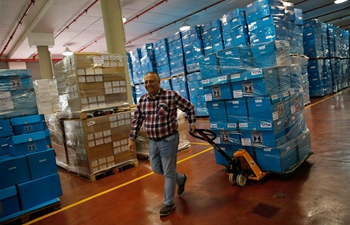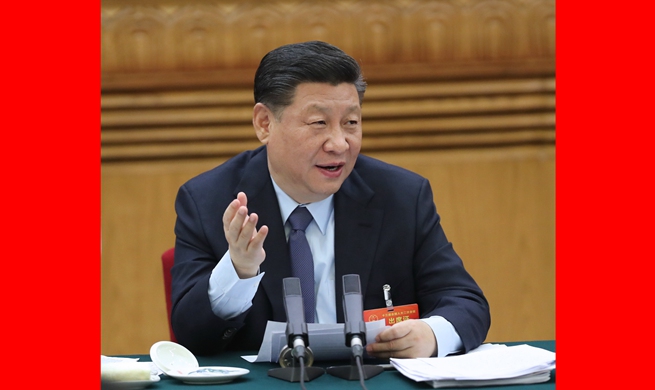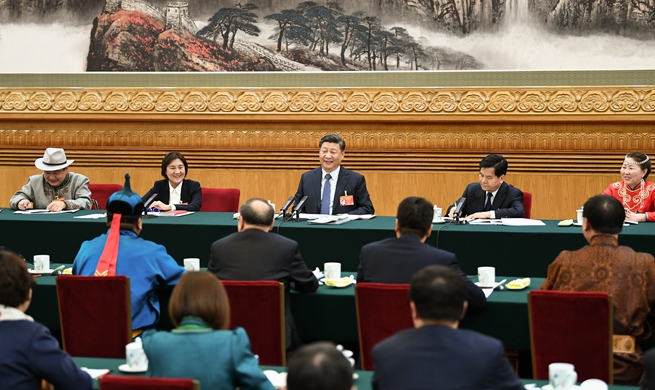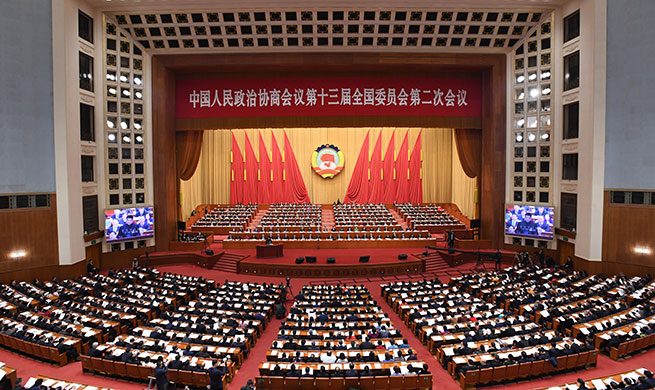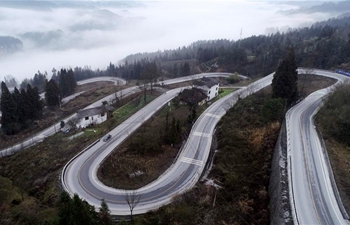NAIROBI, March 9 (Xinhua) -- The UN Environment on Saturday announced plans to create big data platform to transform global environmental situation.
Pascal Peduzzi, an official with the Global Resource Information Database (GRID-Geneva), said the platform will start operational for a period of three years.
"We want to harvest the data globally to fasten the achievement of the sustainable development goals and other environment problems," Peduzzi said in Nairobi ahead of the fourth session of the United Nations Environment Assembly (UNEA) to be held in Nairobi next week.
He told delegates attending a side event meeting that the platform that is known as "world's environment situation room" aims to build an open-source platform for big data on the environment, and to explore new space in artificial intelligence and machine learning.
"We are moving to this platform because we have realized that there are powerful computers that analyze images in three minutes as opposed to the old single data analysis."
Peduzzi said that the system will help in gathering information on climate change and environmental degradation and connect the results to policy makers for appropriate and immediate action.
"The platform will act as an accelerator and incubator of start-up innovation for the environment, as it examines the enabling policies and actions required to use such innovation to transform the world into greener and more sustainable living," he told delegates.
Peduzzi noted that unlike the previous single data system that is scattered, the new platform will glue the information in one platform.
He noted that the UN Environment will be partnering with earth observation institutions, the science and policy communities, green tech start-ups, citizen scientists and the worlds of finance and industry.
"We hope this new approach that uses cutting-edge technology will be of essence to creating cleaner, greener and more efficient solutions to sustainable development," he added.
Siim Kiisler, president of the Assembly said that the global 2030 agenda can only be implemented with concrete data.
Kiisler observed that through the application of the big data, the UN is capable of identifying opportunities, ensure evidence-based decision making, direct investment and track progress.









